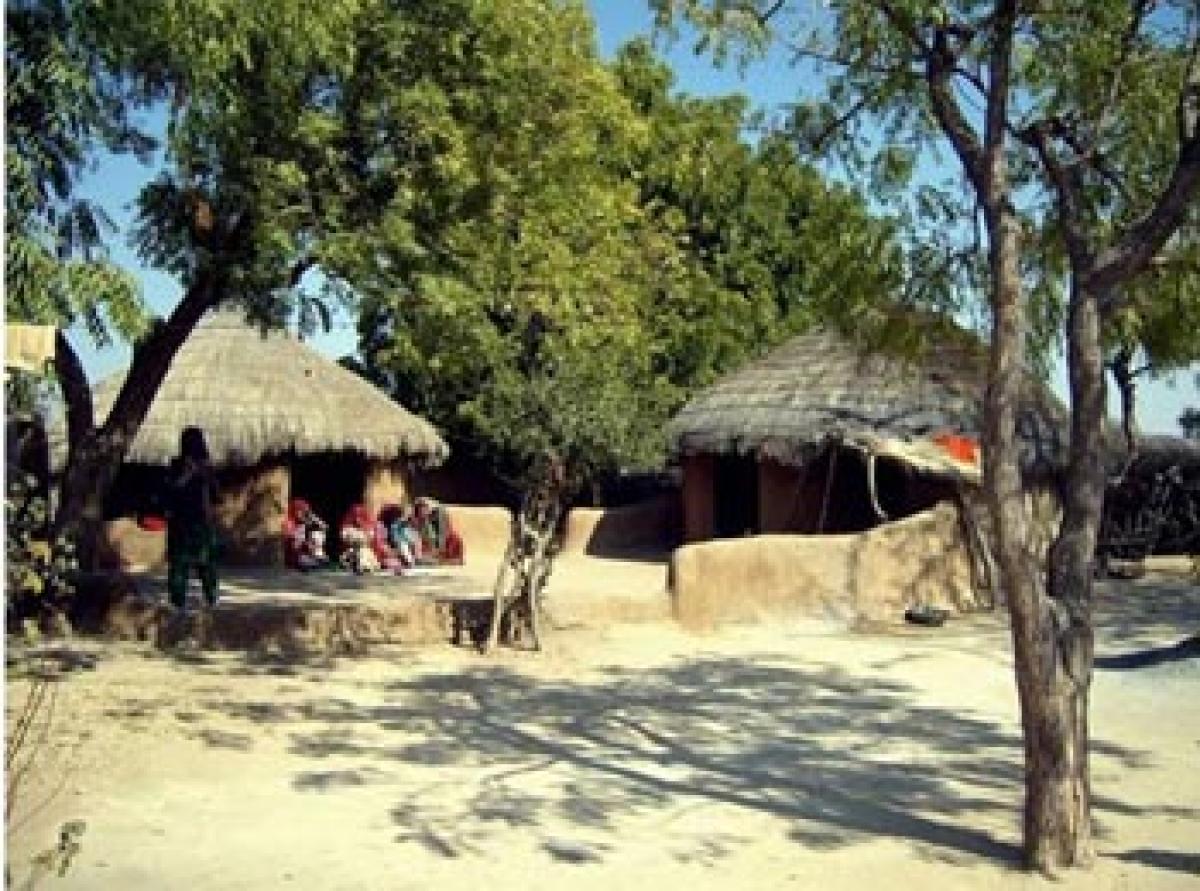Live
- German economy forecast to lag eurozone growth until 2026
- CM Shinde orders stern action against hoarding of onions amid rising prices
- Protest rallies in Manipur against 'mass killing of 10 village volunteers'
- Open Network for Digital Commerce: Tirupati corporation to promote SHG groups products online marketing
- 4th T20I: India elect to bat first in series decider vs South Africa
- The Telangana Woman Sushma Thodety Shines in the UMB Pageant's ‘Mrs. India’ Competition
- Suspect arrested after firing shots near Israeli consulate in Istanbul
- IPL 2025: Pant, Iyer, Rahul, Buttler, Shami among most-priced as 571 players set for mega auction
- Delhi Mayor poll: Cross-voting shows AAP councillors’ frustration, says Congress leader Jitender Kochar
- NIA files fresh charges against Mizoram-based arms trafficker





.jpg) The Fifth Schedule of the Constitution of India deals with administration and control of scheduled areas and scheduled tribes in these areas. The Fifth Schedule areas in Andhra Pradesh are in Visakhapatnam, East Godavari, West Godavari, Srikakulam, Vizianagaram and Prakasam districts.
The Fifth Schedule of the Constitution of India deals with administration and control of scheduled areas and scheduled tribes in these areas. The Fifth Schedule areas in Andhra Pradesh are in Visakhapatnam, East Godavari, West Godavari, Srikakulam, Vizianagaram and Prakasam districts.



